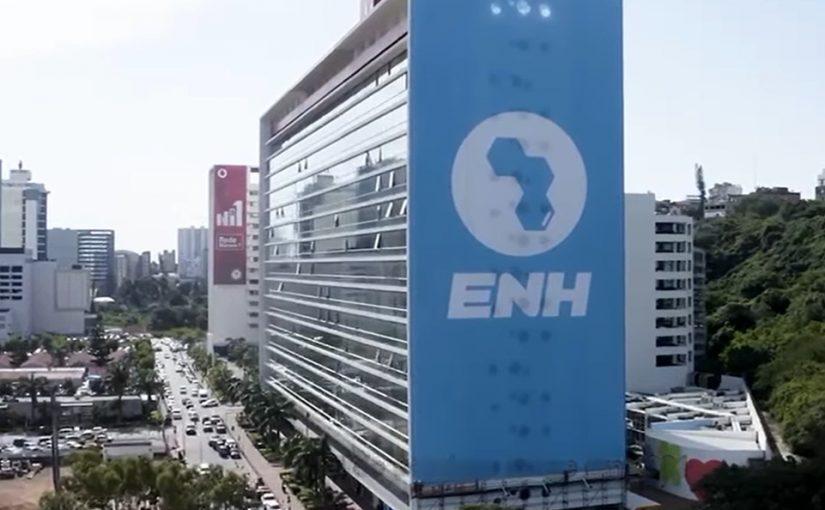Africa-Press – Mozambique. The profits of Mozambique’s state-owned Empresa Nacional de Hidrocarbonetos (ENH), fell by half in 2024 to 1.737 billion meticais (€23.4 million), according to official data consulted by Lusa.
This performance contrasts with the positive net profit of 3.580 billion meticais (€48.2 million) in 2023, a sevenfold increase on 2022. According to management, that year’s profits were attributed to the “considerable increase in revenue from natural gas sales”.
According to the financial statements as of December 31, 2024, in addition to the drop in profits, ENH closed the year with total assets growing to 28.706 billion meticais (€386.9 million) and liabilities that increased slightly, to 8.918 billion meticais (€120.2 million).
ENH, which has share capital of 749 million meticais (€10 million) fully subscribed by the Mozambican state, operates under the Ministry of Natural Resources and Energy, with its main objective being petroleum activities, “namely the exploration, research, development, production, transportation, transmission, and marketing of hydrocarbons and their derivatives,” including import and export.
The document states that ENH distributed dividends to the state worth 1.2 billion meticais (€16.1 million) in 2024 (from the previous fiscal year) and 877.6 million meticais (€11.8 million) in 2023.
ENH explains that it, along with other entities, holds licenses granted by the Ministry of Mineral Resources and Energy to conduct oil research, development, and production activities in Mozambique in 11 concessions, holding stakes ranging from 10 to 30%.
The ompany had recorded a net loss of 153.1 million meticais (€2 million) in 2021, which turned into a profit of 461.9 million meticais (€6.2 million) in 2022, with sales of goods and services – primarily gas – nearly doubling to 960.2 million meticais (€12.9 million).
In 2023, ENH’s revenue from natural gas sales exceeded 1.61 billion meticais (21.7 million euros), nearly double the amount from 2022.
Established in 1981, ENH participates in all petroleum operations and the respective phases of research, exploration, production, refining, transportation, storage, and marketing of hydrocarbons and their derivatives, including liquefied natural gas (LNG) and gas-to-liquids (GTL), both domestically and internationally.
Mozambique has three approved development projects to exploit the Rovuma Basin’s natural gas reserves, ranked among the largest in the world, off the coast of Cabo Delgado. In addition to the one operated by Eni and already in production, these are Mozambique LNG (Area 1), operated by TotalEnergies, with up to 43 million tons per year (mtpa), and Rovuma LNG (Area 4), operated by ExxonMobil, with 18 mtpa, currently under development.
In 2024, a study by the consulting firm Deloitte concluded that Mozambique’s LNG reserves represent potential revenues of US$100 billion (€96.2 billion), highlighting the country’s international importance in the energy transition.
This year alone, without the remaining operations yet to come online, Mozambique’s estimated gas production is 5.4 billion cubic meters, making it the sixth-largest producer in Africa.
For More News And Analysis About Mozambique Follow Africa-Press






